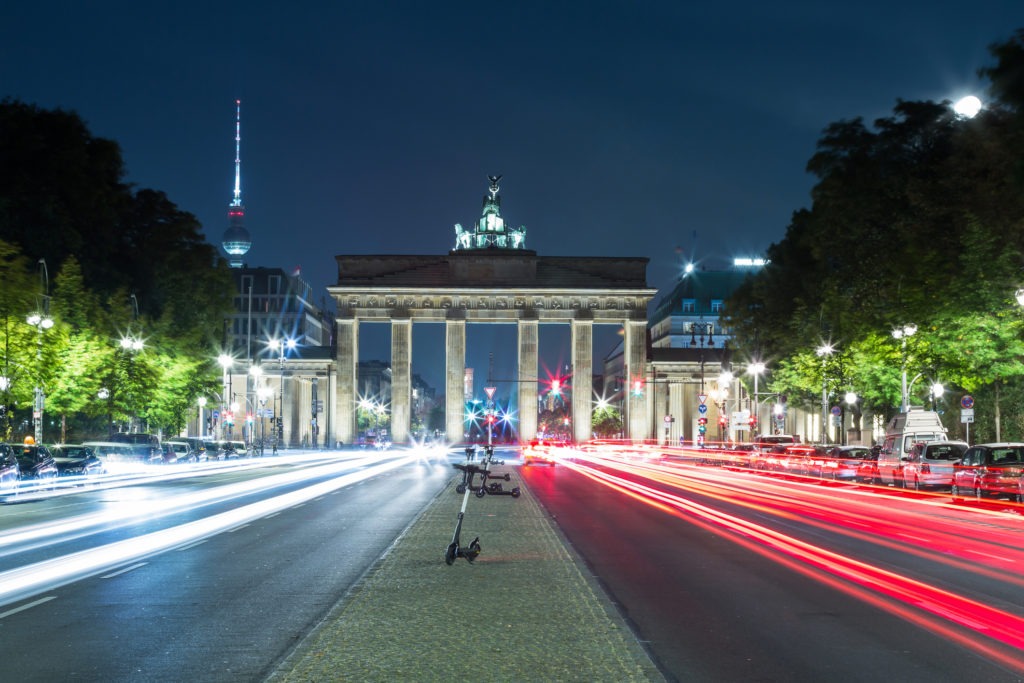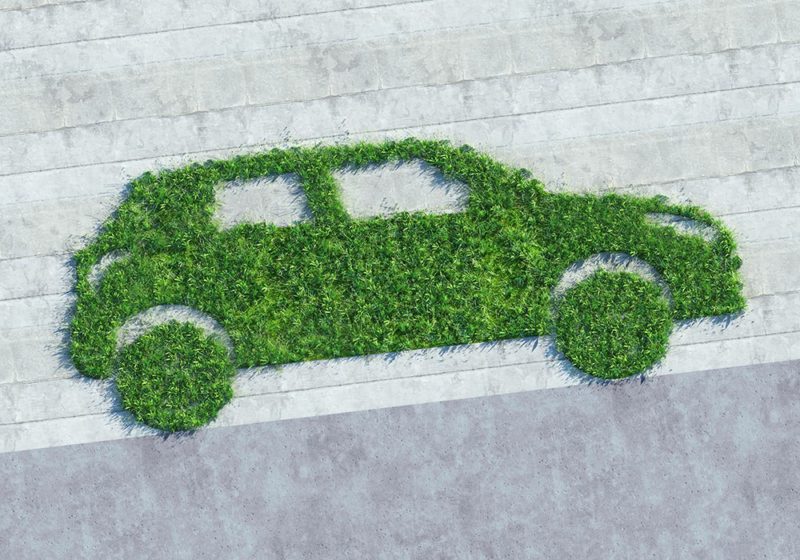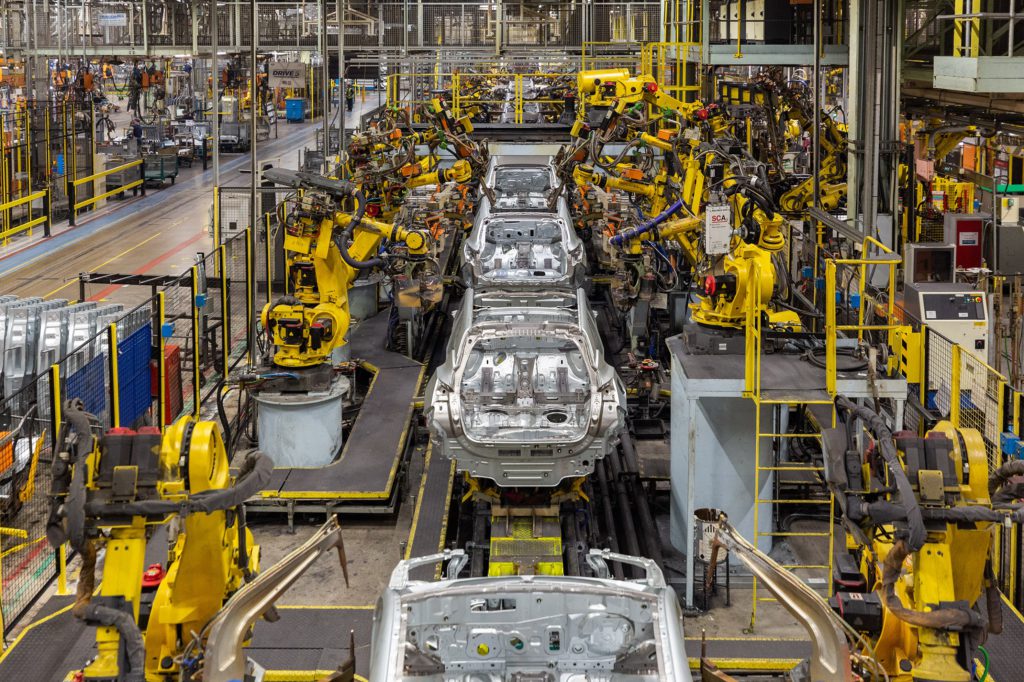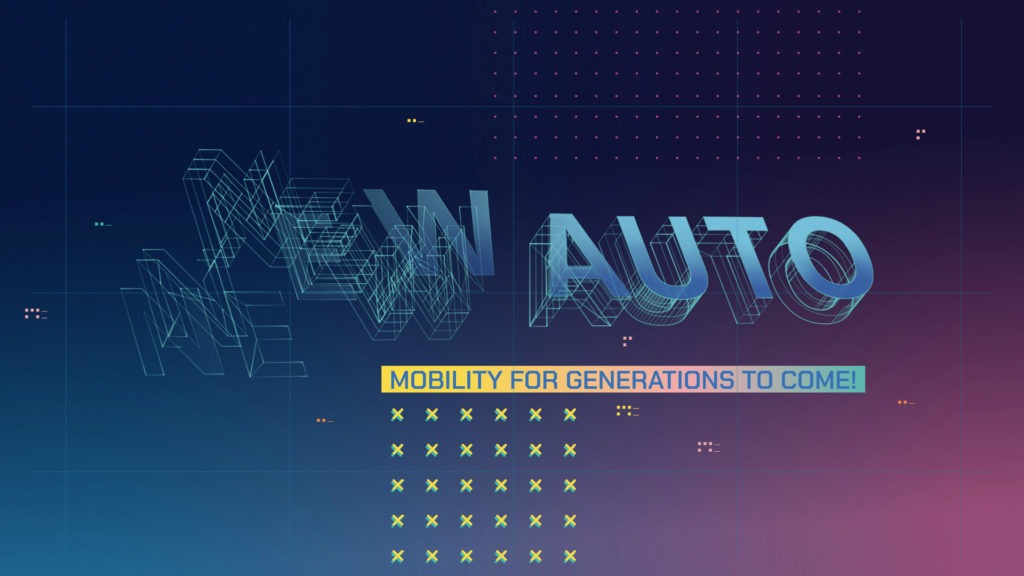The week’s automotive headlines – 18 December 2021
18 December 2021
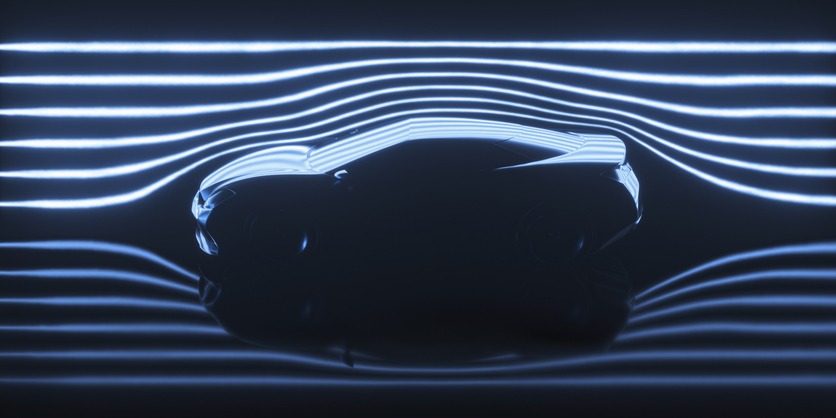
As the year draws to a close, there are still many important announcements being made around the automotive industry. In this week’s Autovista24 roundup, Germany extends EV incentives, Stellantis starts hydrogen LCV deliveries, Volkswagen invests in both diesel and battery development, Nissan gives retro a modern twist, and John Deere makes plans for electrification…
German government extends EV incentives, but change is on its way
Germany’s new government is pushing for clean mobility, with the Federal Ministry for Economic Affairs and Climate Protection this week announcing the extension of a subsidies scheme for electrically-chargeable vehicles (EVs). Buyers of battery-electric vehicles (BEVs) will continue to benefit from a €9,000 incentive. Meanwhile, plug-in hybrids (PHEVs) will be funded with a maximum of €6,750. The ministry said from 2023 onwards, it will only subsidise EVs that have a ‘positive effect on climate protection’, taking into account driving range. ‘In the future, we will be more ambitious when it comes to funding, in order to give electric mobility a further boost and to strengthen climate protection. To this end, we will realign the funding,’ said Minister for Economic Affairs and Climate Protection, Robert Habeck. ‘Until the realignment, however, we will ensure continuity and extend the current innovation bonus until the end of 2022,’ he added. The new government is eager to ramp up infrastructure and electrification, having previously announced plans to have 15 million EVs on the road by 2030.
Stellantis starts hydrogen LCV deliveries
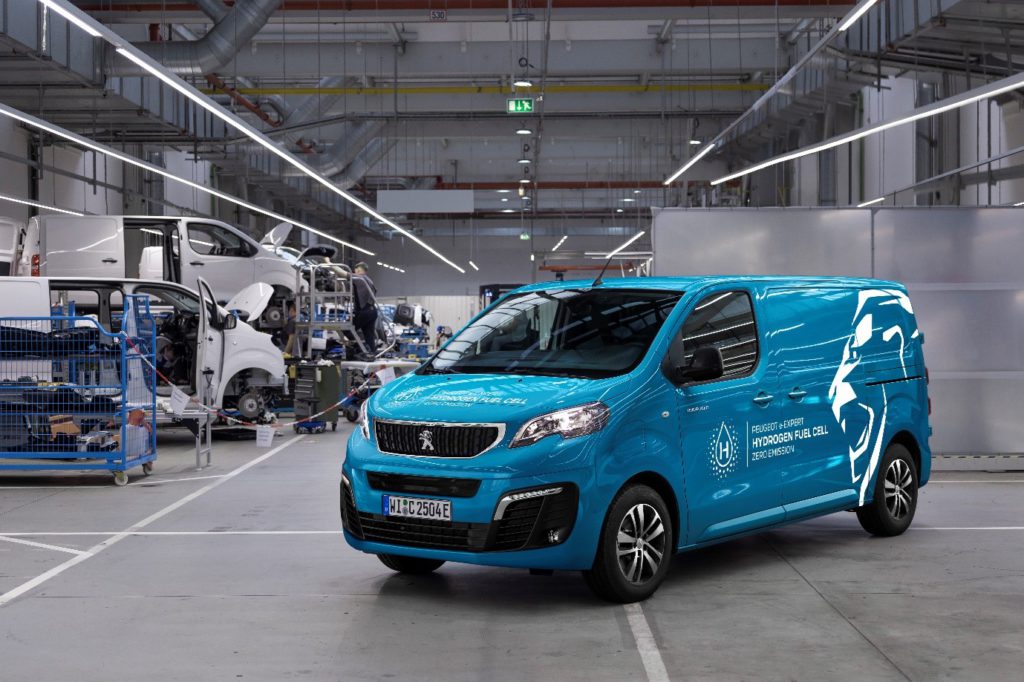
Automotive group Stellantis has announced a swathe of hydrogen light-commercial vehicle (LCV) rollouts, with models from Peugeot, Citroën and Opel coming off production lines and being delivered to customers. The Peugeot e-Expert Hydrogen model has started production with deliveries scheduled. The first customer to see their vans presented before the end of the year holidays is Watea by Michelin, the young subsidiary dedicated to green mobility solutions in the Michelin group. The first Citroën ë-Jumpy Hydrogen is on its way to the Suez Group, which is preparing to carry out full-scale testing of the model at its Carcassonne site, where the company is investing in green hydrogen production – set to become a key issue over the coming years. Meanwhile, the first Opel Vivaro-e Hydrogen off the production line will begin its emissions-free work in the fleet of the German manufacturer of premium domestic appliances, Miele. The hydrogen fuel-cell vehicle from the brand with the Blitz will perform daily field service in the Rhine-Main region.
Volkswagen develops diesel engines for paraffinic fuels
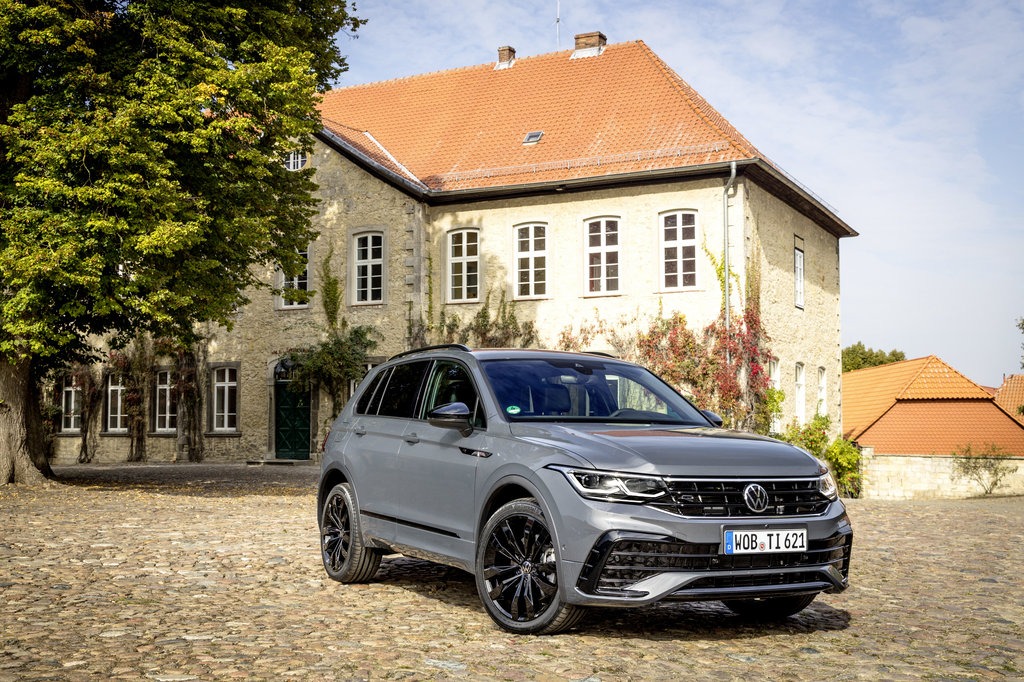
As part of plans to reduce the carbon footprint of its fleet, Volkswagen (VW) is officially approving models with its latest-generation four-cylinder diesel engines for use with paraffinic fuels. These newly-developed diesel fuels, containing bio-components, permit significant CO2 savings of 70-95% compared with conventional diesel fuel. The carmaker is systematically developing its internal-combustion engine (ICE) line-up alongside its electrification targets, responding to different customer needs. There is a wide range of different paraffinic fuels. These are fuels that are produced from biological residual and waste materials, such as HVO (hydrotreated vegetable oil). These vegetable oils are converted into hydrocarbons by a reaction with hydrogen and can be added to the diesel fuel in any quantities. Biofuels such as HVO are already available on the market, and it is likely that their share could increase to 20-30% in the energy market for road transport in Europe within the next 10 years.
Nissan’s Bluebird gets an electric upgrade

As EVs have increased in popularity, so has the market for giving old internal-combustion engine (ICE)-powered cars, whether they be automotive classics or everyday runarounds, an electric renovation. In this spirit of old-meets-new, Nissan has decided to mark the 35th anniversary of their UK Sunderland plant by giving a 1986 Nissan Bluebird an electric conversion. This venerable Bluebird has been called the Newbird, and fitted with a 40kWh battery pack from a Nissan Leaf, completing a neat historical circle as the Leaf is currently assembled at the site. A raft of structural and technical upgrades were required to accommodate the electric powerplant, and the car is resplendent with a garish 1980s inspired livery. The conversion is all part of promoting Nissan’s Ambition 2030 electrification project, which will see the manufacturer launch a raft of new electrically-chargeable vehicles (EVs) before 2030.
John Deere buys majority ownership in battery developer Kreisel Electric
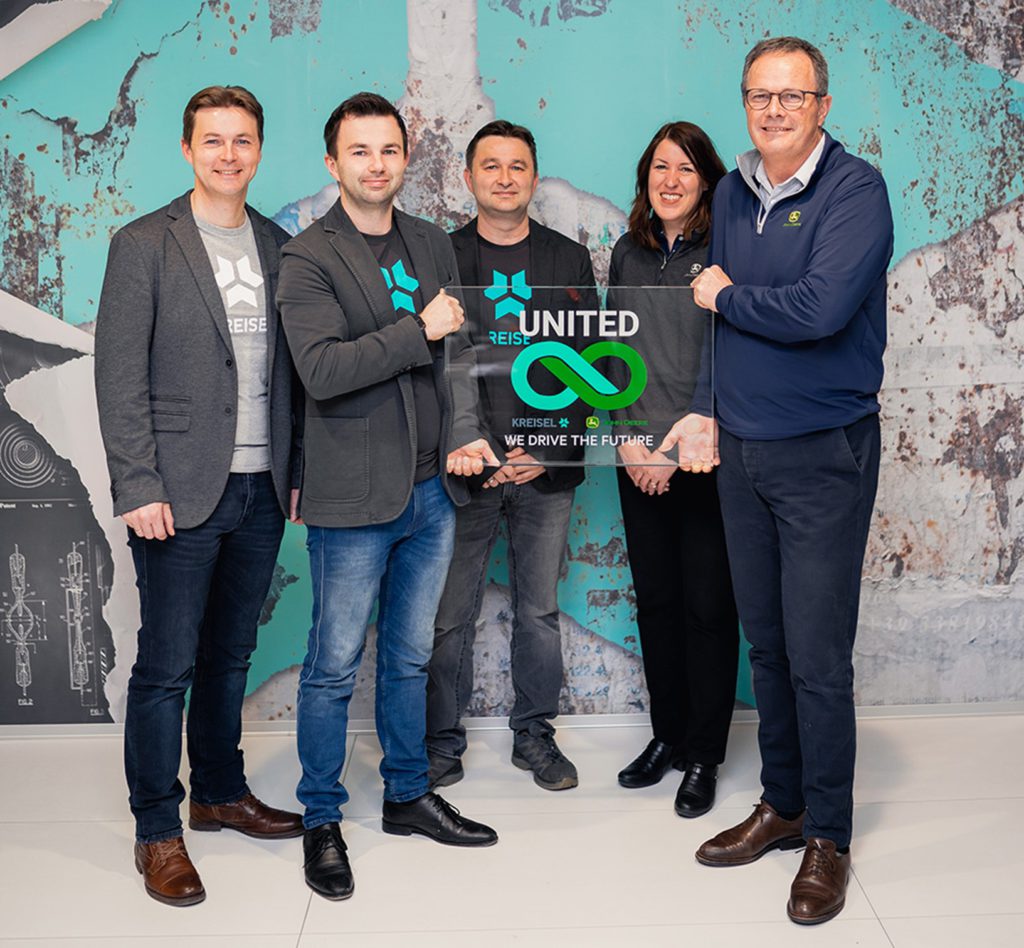
John Deere will acquire a majority ownership in Austria-based Kreisel Electric, which builds high-density electric battery modules and packs. The company has also developed a charging infrastructure platform. Its battery technology can be found in commercial cars, off-highway vehicles, marine, e-motorsports, and other high-performance applications. The acquisition could help John Deere shift to electric mobility as the company sees growing battery demand for off-highway vehicles. Products in Deere’s portfolio, including turf equipment, tractors, compact construction, and certain road building equipment could in future rely on batteries as a primary power source. Deere plans to continue investments in battery technologies. ‘Building an electrified portfolio is key to John Deere’s sustainability goal of pursuing new technologies that reduce the environmental impact of new products and work toward zero-emissions propulsion systems on equipment, while increasing our customers’ efficiency and productivity,’ said Pierre Guyot, senior vice president at John Deere Power Systems.
Volkswagen sets up battery unit

Volkswagen Group (VW) has set up a European company, dubbed Société Européenne, to bundle its battery activities. This includes the processing of raw materials, developing a unified VW battery, and the management of its European gigafactories. The carmaker plans to turn its Salzgitter site into a European battery hub, where cell production is due to start in 2025. VW will inject €2 billion into the Salzgitter plant to bolster its own battery cell production. It aims to set up a total of six gigafactories in Europe to meet growing demand for battery cells within the company. ‘We want to offer our customers powerful, inexpensive and sustainable vehicle batteries, which means we need to be active at all stages of the battery value chain that are critical for success,’ said Thomas Schmall, VW board member for technology. ‘We are now bundling our power in Salzgitter, with the aim of encouraging innovation and securing the support of the best partners for our new company going forward.’
